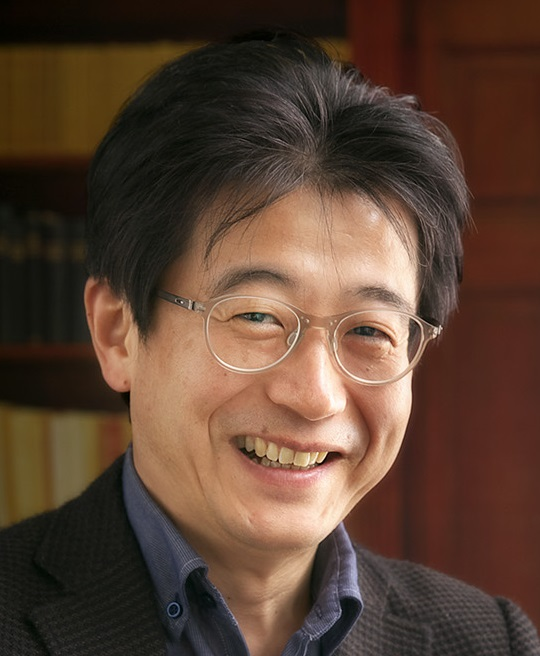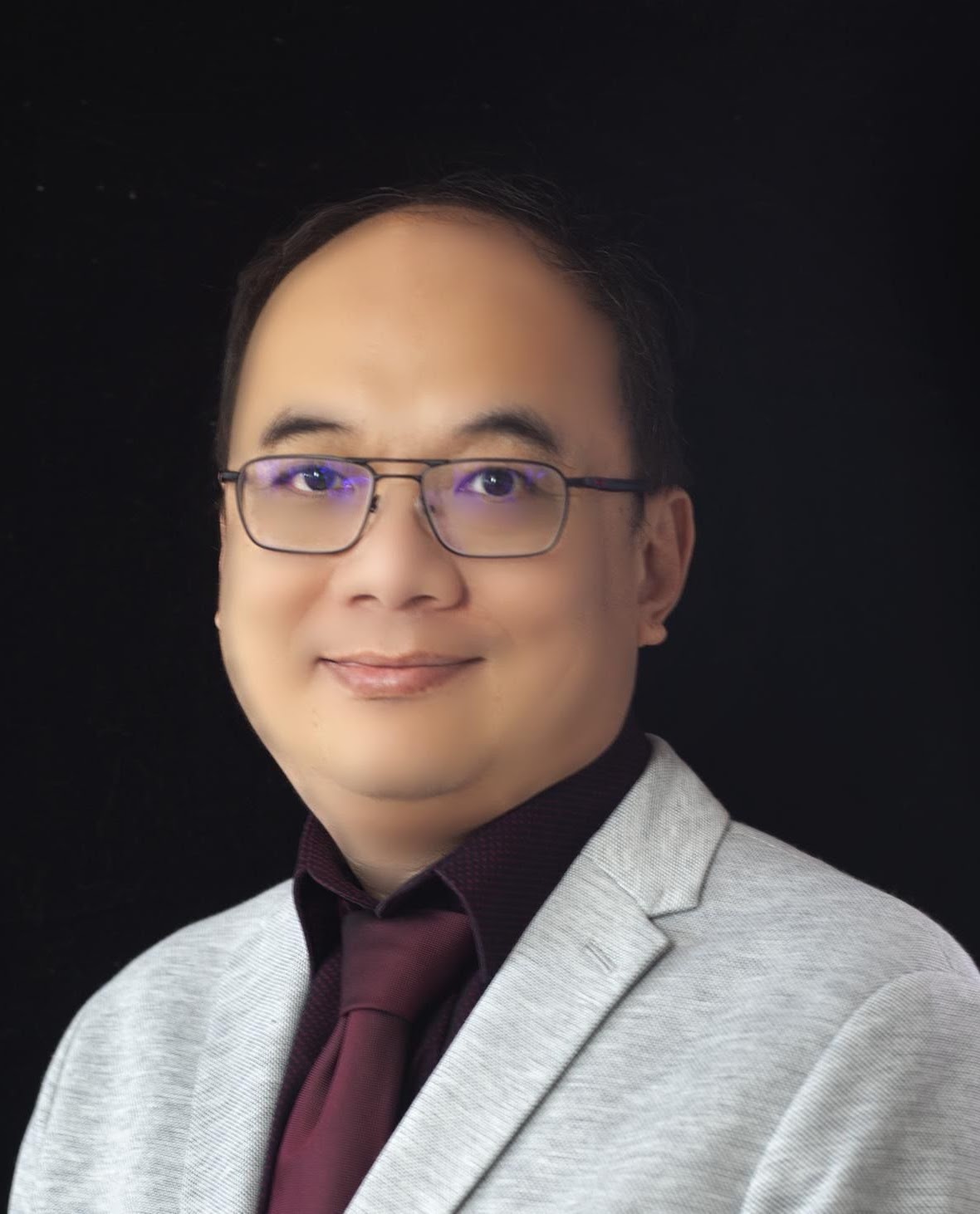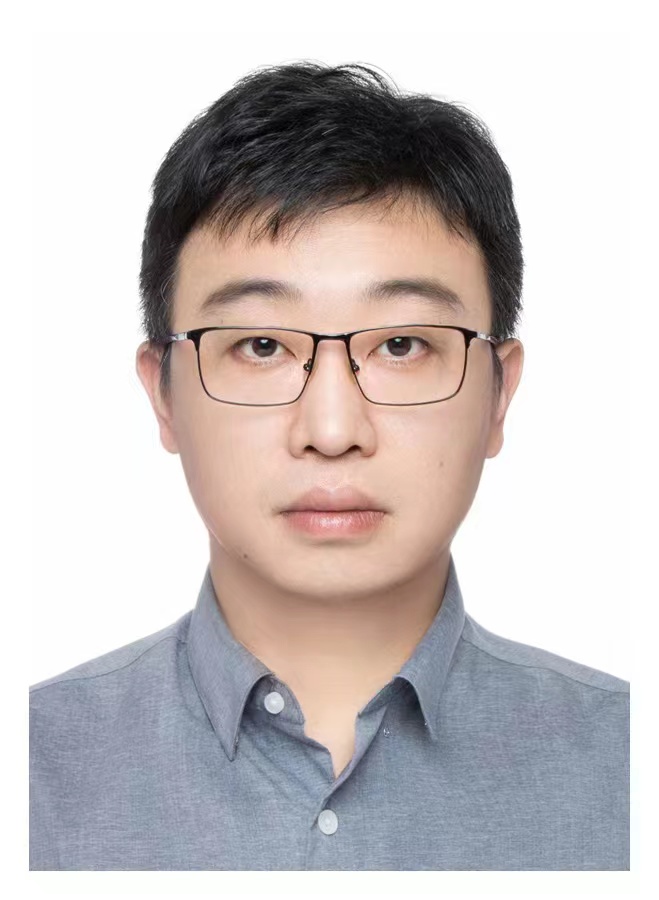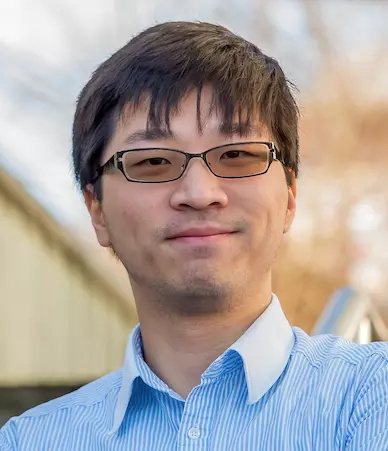
Tsuyoshi Takagi
Biography:Tsuyoshi Takagi is currently a Professor in the Graduate School of Information Science and Technology at University of Tokyo. He received the B.Sc. and M.Sc. degrees in mathematics from Nagoya University in 1993 and 1995, respectively. He was engaged in research on network security at NTT Laboratories from 1995 to 2001. He receivedthe PhD from the Technical University of Darmstadt in 2001. He was an Assistant Professor in the Department of Science at Technical University of Darmstadt until 2005. His current research interests are information security and cryptography. He received DOCOMO Mobile Science Award in 2013, IEICE Achievement Award in 2013, and JSPS Prize in 2014. Dr. Takagi was a Program Co-Chairs of ProvSec 2012, PQCrypto 2016/2017, Asiacrypt 2016/2017.
TitleRecent Developments in Post-Quantum Cryptography
AbstractThe security of current public-key cryptosystems relies on the hardness of factoring large integers or solving discrete logarithm problems. However, these computational problems can be solved in polynomial time using a quantum computer. This vulnerability has prompted research into post-quantum cryptography using alternative mathematical problems that are secure in the era of quantum computers. In this talk, we give an overview of recent developments in post-quantum cryptography. In 2016, the National Institute of Standards and Technology (NIST) began the standardization project of post-quantum cryptography. In 2022, NIST has selected CRYSTALS-Kyber for public-key encryption and key-establishment, and CRYSTALS-Dilithium, FALCON, SPHINCS+ for digital signature algorithms. Very recently, NIST has started the standardization of additional digital signature schemes, and there were 40 submission schemes in the first round. In this talk, we also explain the QR-UOV scheme, which is an efficient variant of the Unbalanced Oil and Vinegar signature (UOV) based on the hardness of solving the multivariate quadratic (MQ) problem.

Willy Susilo
Biography:Willy Susilo is a Distinguished Professor in the School of Computing and Information Technology, Faculty of Engineering and Information Sciences at the University of Wollongong (UOW), Australia. Very recently he was awarded a very prestigious Australian Laureate Fellowship by the Australian Research Council. He is the director of Institute of Cybersecurity and Cryptology, School of Computing and Information Technology, UOW and the Head of School of Computing and Information Technology at UOW (2015 - now). He is an IEEE Fellow, an IET Fellow, an ACS Fellow and an AAIA Fellow. Previously, he was awarded the prestigious Australian Research Council Future Fellowship in 2009. He has published more than 500 papers in journals and conference proceedings in cryptography and network security. In 2016, he was awarded the ``Researcher of the Year” at UOW, due to his research excellence and contributions. He is the Editor-in-Chief of the Elsevier's Computer Standards and Interface and the Information journal. He is currently an Associate Editor of IEEE Transactions on Dependable and Secure Computing. He has also served as the program committee member of several international conferences.
TitlePragmatic Cryptography for Cloud Computing Security
AbstractThe emergence of cloud has significantly reduces the costs of hardware and software resources in computing infrastructure and the data is usually encrypted before outsourcing to the cloud. This talk will focus on the effort to secure cloud storage, which is an important aspect of cloud computing adoption. We will discuss the theory and practice of secure cloud computing. Particularly, we will focus on the research problems in this area and some possible solutions. We will close the talk with future directions in this area.

Qian Wang
Biography:Qian Wang is a full professor in School of Cyber Science and Engineering at Wuhan University, China. He was selected into the National High-level Young Talents Program of China, and listed among the World's Top 2% Scientists by Stanford University. He also received the National Science Fund for Excellent Young Scholars of China in 2018. He has long been engaged in the research of cyberspace security, with focus on AI security, data outsourcing security and privacy, wireless systems security, and applied cryptography. He was a recipient of the 2018 IEEE TCSC Award for Excellence in Scalable Computing (early career researcher) and the 2016 IEEE ComSoc Asia-Pacific Outstanding Young Researcher Award. He has published 200+ papers, with 120+ publications in top-tier international conferences, including USENIX NSDI, ACM CCS, USENIX Security, NDSS, ACM MobiCom, ICML, etc., with 20000+ Google Scholar citations. He is also a co-recipient of 8 Best Paper and Best Student Paper Awards from prestigious conferences, including ICDCS, IEEE ICNP'11, etc. In 2021, his PhD student was selected under Huawei's "Top Minds" Recruitment Program. He serves as Associate Editor for IEEE Transactions on Dependable and Secure Computing (TDSC). He is a Fellow of the IEEE and a member of the ACM.
TitleToward Data Security on AI Systems
AbstractAI has unlocked incredible potential to analyze, interpret, and act on the increasingly vast amounts of data. With the swift rise of AI adoption in corporate and government settings, data security and privacy are top concerns. This talk will give an introduction to data security on AI systems, especially from the perspective of the threats and attack surfaces in the data-driven lifecycle for machine learning systems. The threats are widespread at all stages of AI systems, boosting the research on various types of attacks and security/privacy-enhancing technologies with different focuses on the training, Inference and deployment phases. I will also discuss our recent advances and future opportunities in these researches.

Kaitai Liang
Biography:Dr. Kaitai Liang is a tenured faculty member of the Cybersecurity group at Delft University of Technology. He received his PhD degree in computer science from Department of Computer Science at City University of Hong Kong. With over 11 years experiences on cybersecurity R&D, his main focus is on the design and implementation of cryptographic protocols to security. He has led as a PI in several European funded projects, e.g., TANGO, ASSURED, IRIS, and delivered real-world impact via these projects with academic and industrial partners. He has also maintained a tight and strong research relationships with Europe, Asia-pacific and northern America academic communities. He has published a series of research works (> 120 publications, > 4,300 citations), applying information security and crypto tools to address cybersecurity challenges. These publications have appeared in high-tier international information security journals and A* conferences, e.g., USENIX Security, NDSS, ESORICS (where he was honored with the Best Research Paper Award in 2015), IEEE TIFS, and IEEE TDSC. Beyond his research contributions, Dr. Liang has played an active role in the academic community. He has served as a Technical Program Committee (TPC) member, General Chair, and Steering Committee member for over 25 renowned international security and privacy conferences, including IEEE Euro S&P, ESORICS, IEEE CSF, and PoPETs. Furthermore, he has made valuable contributions to ISO standards as a member of the standards committee 381027 "Cybersecurity & Privacy" at NEN. In addition to his academic pursuits, Dr. Liang serves as an Associate Editor for esteemed journals such as the Computer Journal, IEEE Systems Journal, IEEE Transactions on Artificial Intelligence, and the EURASIP Journal on Information Security. Furthermore, he acts as a cybersecurity consultant for SMEs, sharing his expertise and guidance in the field.
TitleSearchable Symmetric Encryption and its attacks
AbstractSearchable Symmetric Encryption (SSE) is a technique that allows users to delegate keyword searches over encrypted databases to a server that may be honest but curious, while preserving the privacy of the keywords and the encrypted documents. In this presentation, we will begin by introducing the concepts, mechanisms, and security notions related to SSE. We will then discuss current attacks on SSE and highlight some of the open problems in this area.